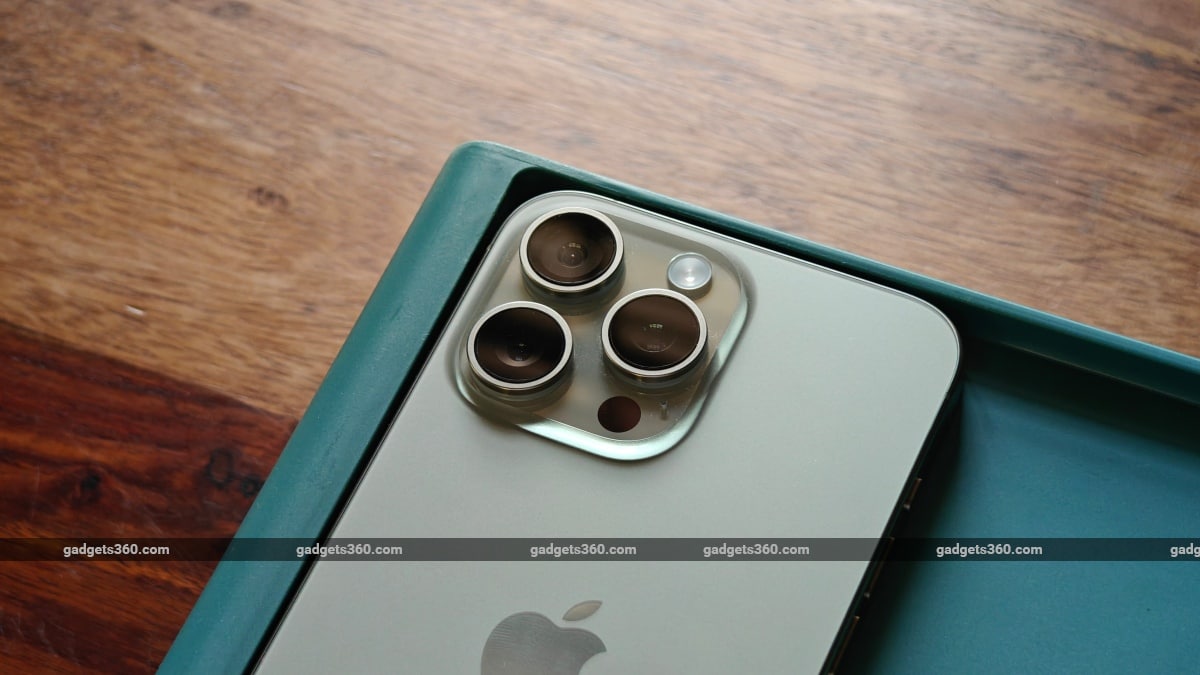New Study: How Gen-Z Behave on Digital Platforms is More Interesting Than You Think

Jigsaw, a Google’s subsidiary, studied Gen-Z behavior online to know how much information literacy Gen-Z has. This was the first kind of study about Gen-Z’s navigation through memes, photos, videos, online friends and social media apps to see how they separate what’s important, useful and true on digital platforms. During the research, the researchers took out the term ‘information literacy’ out of their study as the CEO of Jigsaw, Yasmin Green, said that the most appropriate term is ‘information sensibility’ as Gen-Z knows what is true and what’s AI generated on the internet.
Jigsaw found that Gen-Z don’t even bother to fact check information like older generations. When they see a headline, they don’t go to the article, rather just open comments to see what people are saying. If they find an article too long, they just try to skip it. Anything that makes them think too hard or affects their emotional health, they don’t bother reading. They read and learn new stuff to stay relevant among their group of friends. Gen-Z don’t think of telling the truth just as an ultimate. According to them, they have to just speak their version of truth and what they find will prove them to their peers.
Jigsaw didn’t do their study with a large group of Gen-Z. They just gathered a few 13 to 24 years old as quality of the study mattered more to them than quantity. According to the study, Gen-Z don’t see a difference in going to social media for news and for social interaction. They have filtered their own feed to what they find important. If something shows up on their feed, it means it is important for them to know. They also don’t trust any ads or paywalls that are asking for subscriptions or donations. One of the respondents of the research said that they don’t read the articles of New York Times or CNN because they use clickbait. Instead of going to traditional news sources for news, Gen-Z go to influencers. They speak Gen-Z language and make their personal experience more authentic.
This doesn’t mean that Gen-Z aren’t intelligent. They just know when to research, do fact finding and use their time to gain more information. Accuracy of information isn’t that important to them. When it comes to diet and wellness, Gen-Z prefer to try it on themselves instead of trusting the source that says it works on the rest of the population. If it works on them, it means it is reliable. If any kind of fact-finding stuff manages to sneak on their feed, they just head towards the comment section to choose a side as they are afraid of choosing a cancelable opinion.
Gen-Z is well-versed with cancel culture. They know what to perform, say and do and what to not do to keep themselves safe. That’s why they head to the comment section as it’s a matter of life and death to them.
Image: DIW-Aigen
Read next:
• Study Reveals Most Trusted and Distrusted Big Tech Companies in the US
• 2024’s Indispensable Digital Marketing Tools: What You Need to Succeed




